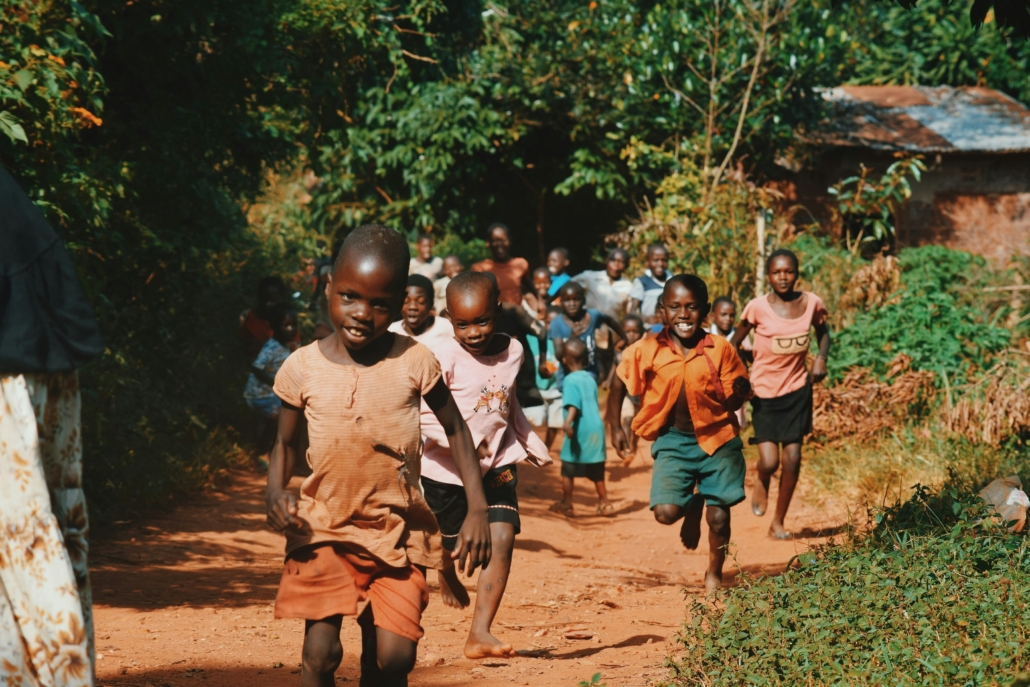 The Democratic Republic of the Congo, also known as the DRC, is the second-largest country in Africa. Its current instability is due to multiple conflicts over the years, such as the ongoing Democratic Republic of Congo-Rwandan conflict. The people most at risk for going into extreme poverty due to this factor, plus multiple different factors, are those with disability in the DRC.
The Democratic Republic of the Congo, also known as the DRC, is the second-largest country in Africa. Its current instability is due to multiple conflicts over the years, such as the ongoing Democratic Republic of Congo-Rwandan conflict. The people most at risk for going into extreme poverty due to this factor, plus multiple different factors, are those with disability in the DRC.
Disability in the DRC has been a subject of scrutiny for decades; despite recent breakthroughs for rights, disabled people are often in poverty due to social stigma. About 10% of the population in the DRC has a disability, often due to poverty or conflicts, with the physically disabled more likely to be in poverty and stigmatized. With the shadow of past wars and the ongoing conflict in the DRC, disabled people are more than ever at risk of going into extreme poverty and even death. Here is more information about disability and poverty in the DRC.
Stigmatized and in the Background
The DRC has one of the lowest health care access rates in the world, making it difficult to provide disease prevention and sufficient care. Many diseases are preventable through vaccines, such as polio and measles. Without health care and mental health aid in the country, they can resurge and wreak havoc on communities, causing more disability in the DRC.
Many people with disabilities in the DRC struggle to receive acceptance in their community, both from peers, who fear them due to their disability, and their families who can view them as a hindrance. The stigma surrounding disabled people means that their families are more likely to abandon them compared to abled people. This may leave them in dire situations and poor mental health.
The physically disabled among the population find it hard to get an education, due to stigmatization from educators who do not understand the latest laws and policies when it comes to disabled rights. This can lead to illiteracy among disabled children, thus leading to extreme poverty, which can lead to medical deaths without support.
This means that DRC’s disabled people are more vulnerable to extreme poverty compared to its able-bodied citizens. DRC’s disabled population is viewed in a negative light due to their disability, due to the lack of education about disabilities among the populace. A lot of the population (including disabled individuals) believe that something otherworldly, such as punishment by god or witchcraft, cause disability.
Tribulations for Disabled Rights
To make matters more difficult for the disabled, there is a lack of resources for the disabled in the country, despite a law passed in 2022 to protect their rights. The difficulty of implementing policies to improve their lives, mixed with the stigma of disability from their peers, has made it a struggle to find purpose and receive opportunities.
Additionally, the DRC planned a policy to help those with mental health struggles in 1999. But this policy does not include a law about how it will treat those with disabling mental illness, with mental illness without assistance affecting 80% of those under 40.
Despite the DRC’s trade and industry of mining resources, the wealth does not go to the citizens who have worked to procure them. About one in six people in the DRC lives in extreme poverty, and 73% of the population lives on $2.15 a day. For those with disabilities, it is not enough to support themselves, with approximately 10.5 billion living with disability in the DRC, 96% of them live in poverty.
This has contributed to the poverty in the DRC amongst those with disabilities, both in finding work and education that is willing to support them. These multifaceted factors, such as conflict, economic instability and disability, have caused them to be stuck in a state of destitution that is difficult to leave.
Hope Amongst Conflict
The situation with the disabled in DRC seems like a difficult conundrum, but with proper support and awareness provided by aid, they can have improved lives. Organizations such as Humanity & Inclusion have assisted in providing health care to those with disabilities, such as giving prosthetics and therapy to children who have disabilities or are developing one.
Humanity & Inclusion is a nonprofit organization that originated in 1982 and has helped more than tens of millions of people globally in 2024. It helps with emergencies and long-term developments, from removing explosives left behind from wars to working with disabled people to better their future opportunities.
Looking Ahead
Aid for people with disabilities is essential for any developing society to grow both in happiness and in economics. Disabled people need crucial support to thrive in society, so they can give themselves the independence they desire and the hope to create a life they can feel happy about.
– Anastasia Flerchinger
Anastasia is based in Richland, WA, USA and focuses on Good News and Politics for The Borgen Project.
Photo: Unsplash
